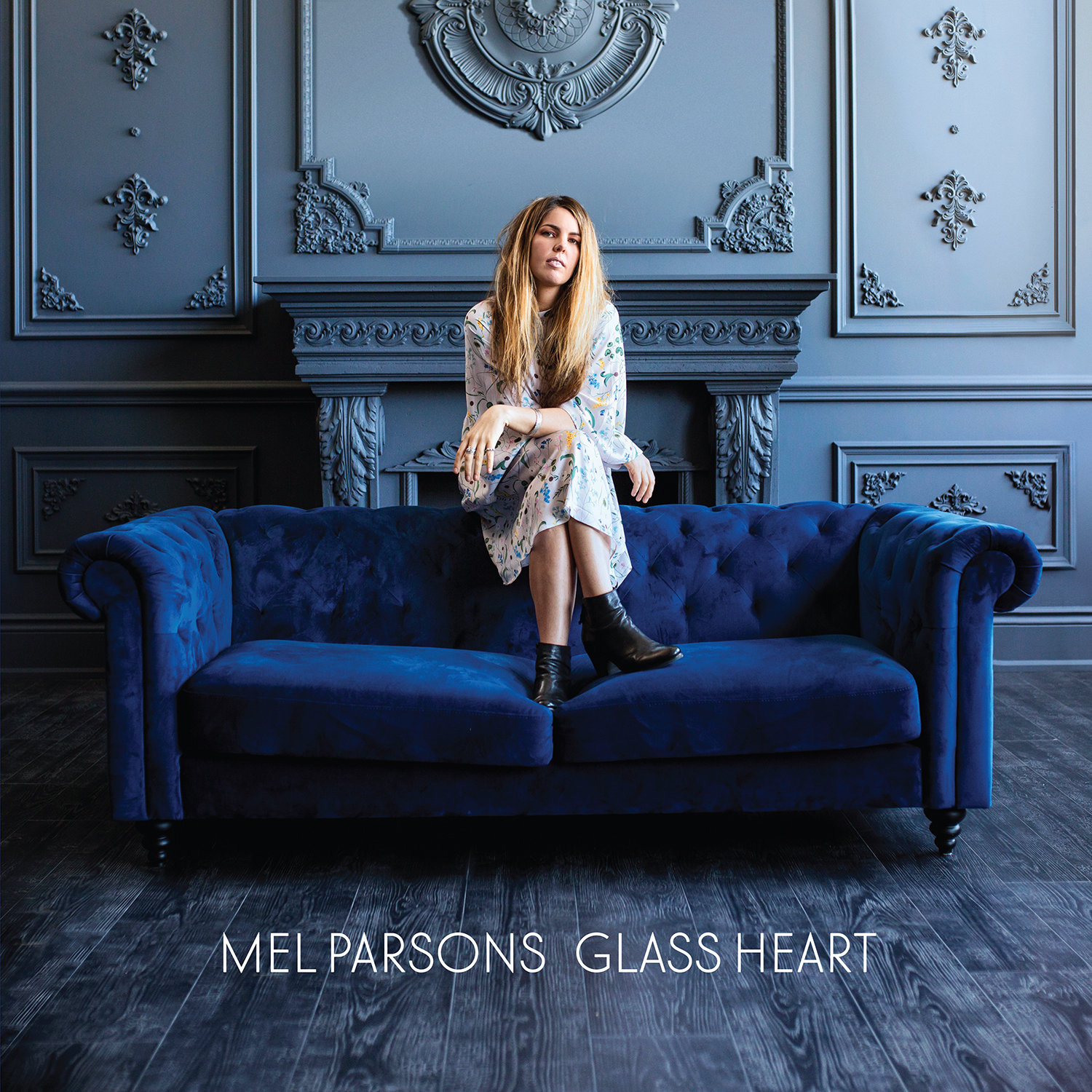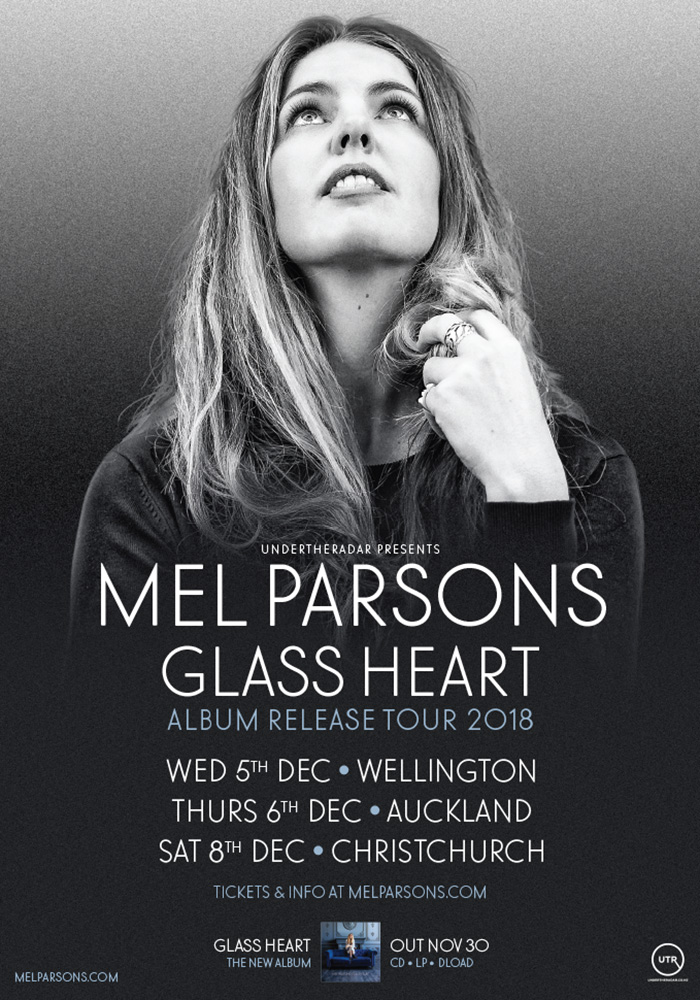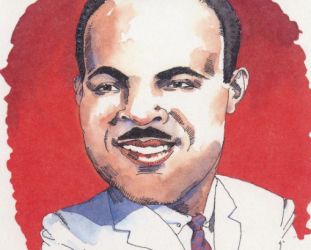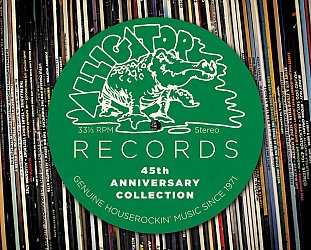Graham Reid | | 3 min read

If the unusual surname (it is Romanian in origin) hadn't attracted attention, the fact Mitchell Froom produced the first three Crowded House albums and Dave Dobbyn's Lament for the Numb (as well as work with McCartney, Vega, Lucinda Williams and dozens more) should have set off the alarm.
And he did last year's Lindsey Buckingham and Christine McVie album (which was Fleetwood Mac wiothout Stevie Nicks).
But he is here now being interviewed for something much more recent, his production (and musical contributions) to the new Glass Heart album by New Zealand's deservedly acclaimed and award-winning singer-songwriter Mel Parsons.
Parsons' album (which we have reviewed here) is quite some step-change for her, but she went in with strong material for Froom (and the LA musicians) to work with.
Because Elsewhere has interviewed and written about Mel Parsons so often in the past we thought – aside from our review – we could shift the focus onto Mitchell Froom and ask him some questions about being a producer.
So Mr Froom . . .
The song where you really first heard the production was . .. .
Probably “Rubber Soul”, particularly “Girl”. The first recording I remember that the warmth of sound and ideas really grabbed my attention. I grew up in a great musical era. I was probably 13 when I first heard it.
Ever bought an album for the producer rather than the artist? If so which?
No, just occasionally interested if I like an artist how a different producer would affect things.
The one producer you will always listen to, even if they disappointed you previously, is?
Sorry, none!
As producers: George Martin or Joe Meek; Phil Spector or Rick Rubin; Quincy Jones or Dr Dre; Brian Eno or Nigel Godrich?
George Martin, Phil Spector (not even close with these 2). The next two are tossups.
The three songs (yours, or by others) you would love everyone to hear because they so well produced are . . .
This is a hard one. I think it’s more about the artists - their talent and interest in making great studio recordings. Obviously the Beatles, Bowie, some Rolling Stones, Randy Newman. They all worked well with very talented people for the most part.
The recording studio you'd most like to visit just to get the vibe would be . . .?
I think I’ve visited a few too many to be all that interested at this point.
The best book on music or musicians you have read is . . .
My favorite is “Brother Ray”
If you could co-produce with anyone it would be . . .
That can be very uncomfortable. One too many cooks is not a great idea. That being said, I worked with Lenny Waronker on a few records, particularly with Randy Newman, and I really enjoyed it.
The last CD or vinyl album you bought was . . . (And your most recent downloads include . . .)
Probably something old. “Loosen up Naturally” - the first Sons of Champlin album, or the first Allman Brothers album. I don’t exactly remember. I just liked them years ago and was interested in hearing them again with a very different perspective.
One song, royalties for life, never have to work again. The song by anyone, yourself included, which wouldn't embarrass you would be . . .
I’d take “Come Together”
 Analogue or digital; vinyl, CD or streaming?
Analogue or digital; vinyl, CD or streaming?
In general, analogue is an attractive component especially working with digital recordings, so either analogue or digital with analogue gear seems to work well. Ultimately it’s much more about the quality of the engineer, musicians, and arrangement. I’d probably have to go with vinyl.
Ever woken up hearing the sound of a song fully-formed in your head? If so which one?
I wish!
And finally, what do you as a producer bring to an artist which you believe can be your unique contribution?
This is what I hope to bring. At this point, I’ve had a lot of experience working with very diverse artists, so it’s taught me many different ways to approach any given recording. What interests me most is to find a recording/ arrangement approach that’s distinctive to each artist.
This can be subtle or very radical depending on what the aspirations are.






post a comment